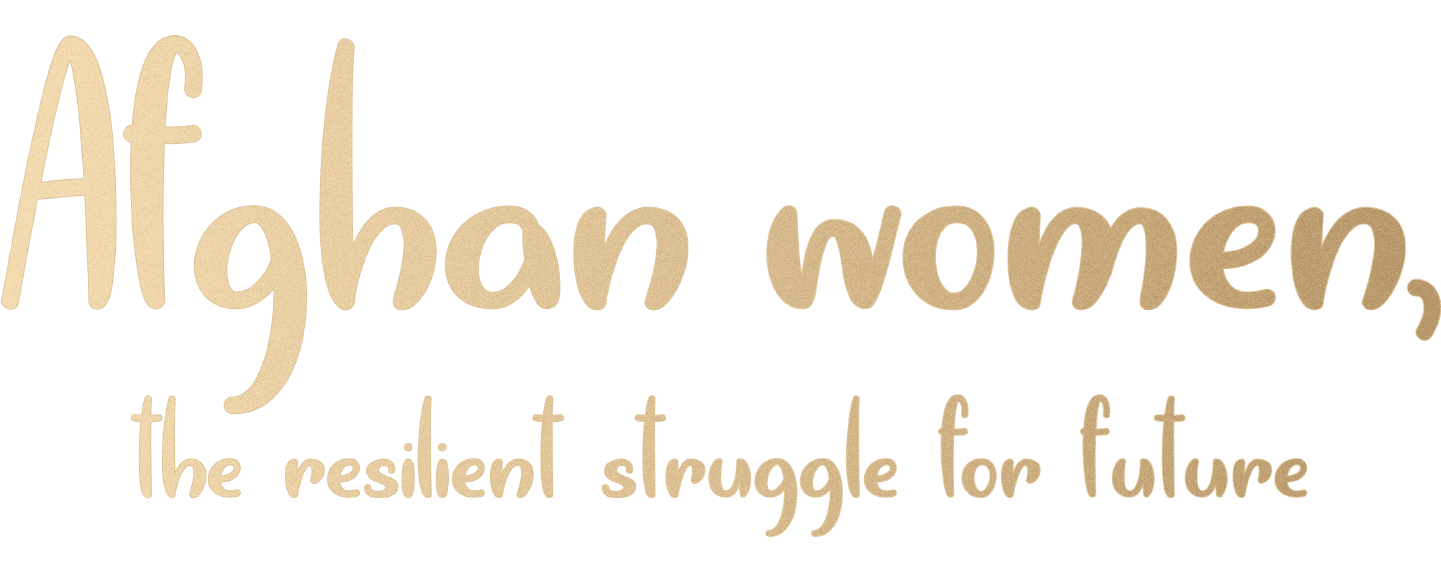

Pictures: Fatimah Hossaini
Text: Ali M Latifi
Kabul – Throughout its 100-year modern history, the Afghan state has experienced remarkable transformations and devastating upheavals. Kings have come and gone. Democracy gave way to communism. Freedom fighters turned into warlords. The men who promised to deliver the people from a brutal civil war ended up bringing unseen levels of repression. In 2001, the United States claimed it would re-establish democracy and liberate the nation’s women, with help from its fleet of B-52s.
Each time – whether years-long wars with imperial powers, the rise and fall of local communist factions or an ongoing battle against armed opposition movements – the Afghan people have seen weathered the losing and winning of even their most basic rights. Whether through legally binding limits or implicit societal expectations of how men, and particularly women, should conduct themselves in their public and private lives, the Afghan people have often had to live in a very real fear that their rights could easily slip away from them without warning.
Across generations, these victories and defeats have meant that the Afghan people, especially women, have had to devise different ways to defend what is rightfully theirs.
Over the last year, as the United States – for the first time ever – carried out a series of face-to-face talks with the Taliban, the Afghan people spent months agonising over what a deal between the nation’s largest armed opposition movement and Washington could mean for their lives. The prospect was especially daunting given the fact that the Kabul government was left out of the seven rounds of talks.
Suddenly, the people feared a return to life in the late 1990s, when the Taliban ruled the country for five years. Under the Taliban, women – with the exception of doctors – were unable to work and go to school. Men were subject to vice and virtue police who punished them for shaving their beards or missing one of the five daily prayers. Those months — and the recent indications that the talks may soon start back up – were a reminder to the Afghan people of how much they won and lost, how easily those freedoms can again disappear thanks to forces outside of their control.
Acknowledging this fear, we spoke to six Afghan women in Kabul. Individually, each of these women embodies the ability to achieve greatness despite immense setbacks. As a collective, their stories show what it means to push back at the forces of history in a country still in the midst of decades-long conflicts.
These women come from three different ethnic groups and two war-torn generations. Some provide the most basic, essential services – medical care and political representation – while others have taken roles as arbiters of culture – in filmmaking – but what they all have in common is their sheer determination, often passed down to them by their mothers. They share a desire to leave a permanent mark on a society that remains where the future remains uncertain and unwritten.